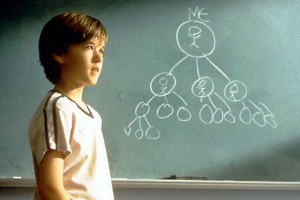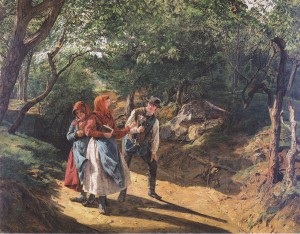Last week I conducted a funeral service for the matriarch of a large family. Meeting with her children and grandchildren, I learned about the immense acts of kindness she did for so many. They spoke about the hundreds of calls they had been receiving, from her former hairdresser to long-forgotten work colleagues.
The family members said to me, “Isn’t it sad that she didn’t get to live to hear all these wonderful memories? Isn’t it too bad that she did not know what an impact she had on others?
“I understand your feeling,” I replied. “But this is the way life. We never know all of the consequences our actions may have.” Indeed, think about it. When we help another person, we do not know if and how they may repay it. We rarely know the way the little things we do may end up becoming big things.
What does this teach us? We need to grab every opportunity to perform an act of kindness. We never know what benefits it might bring.
Pay It Forward
The hit movie Pay It Forward proceeds on this premise. Each act of kindness is “paid forward” rather than repaid. In other words, we express gratitude to someone by doing a good deed for someone else. Our one act of kindness therefore creates dozens, hundreds and even thousands more.
Two thousand years ago the Jewish sages proposed this very idea. They wrote that the “one mitzvah—good deed–leads to another mitzvah.” They did not describe how it works. They did not try to prove it through any logical formula.
They simply held that as a matter of faith, no sacred act is for nought. Every act builds on the ones that came before it. Every sacred act brings us closer to the world as God intended it to be.
In the end, what we do shapes the way we are remembered. “The best portion” of our lives, as the great English poet William Wordsworth put it, are the “little, nameless unremembered acts of kindness and of love.” To that we can only say Amen.


